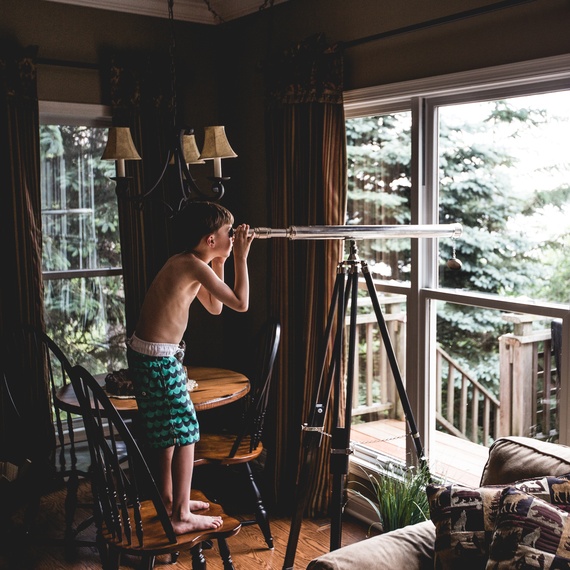Curiosity may have killed the cat, but it fuels high levels of creativity in us.
In fact, curiosity has been found to be just as important as intelligence in order to succeed and navigate our increasingly complex world.
Perhaps that's why author Elizabeth Gilbert, who wrote an excellent book about creativity called Big Magic: Creative Living Beyond Fear (not to mention one of the bestselling books of our time Eat, Pray, Love), says that following our curiosity instead of our passion is the real key to an interesting and creative life.
This approach leads to creativity because it enables us to lean into uncertainty with a positive attitude - relaxing and opening our minds to new ideas, skills, and ways of solving problems.
As Albert Einstein said, "I have no special talents. I am only passionately curious."
Developing curiosity is like building any other new skill or habit - it takes repeated practice. As Gilbert says, "If you want to live a curiosity-driven life, you must commit to being vigilant about looking for what's piquing your curiosity." Her advice is to follow what is interesting to you, even if that interest is faint at first.
This instinct came naturally to us as children, when we had curiosity coursing through our bodies, excitedly exploring new experiences.
Artist and author Erik Wahl describes this youthful mindset in his inspirational book, Unthink: Rediscover Your Creative Genius, saying "In our early years, you and I consistently embodied the key traits that drive constant creativity. Curiosity ruled our senses. Enthusiasm ignited our actions. We did not fear what we did not know - instead we thrived on the process of discovery."
However, as we get older, we often lose this sense of novelty and exploration. We tend to favor certainty, security, and a simple way of making sense of the world. Ironically, it is only once we become adults that our brains are developed enough to process new discoveries and turn them into concrete ideas and strategies.
In order to spark new levels creativity as adults, we need to get back in touch with our childlike curiosity. We need to observe, explore, ask questions, and again venture into the unknown.
Opening our minds in this way will help us thrive in our current jobs and secure new opportunities. Curiosity is one of the top traits employers are looking for when making hiring decisions, because it is a key indicator of other great workplace qualities such as empathy, creativity, innovation, and the ability to learn quickly.
If you are more of an introvert, it could help to reframe curiosity as a form of research. You might love reading a book or poring over information to expand your mind, and you could take that same mentality into new experiences and interactions with other people.
Ultimately, the more we follow our curiosities, the more we'll be able to connect the dots and combine new discoveries with what we already know.
Our unique past experiences and knowledge, combined with a passion to learn and discover more, leads to truly original and breakthrough creativity.
Andrew Merle writes about good habits for happiness, health, productivity, and success. Read more at andrewmerle.com and follow him on Twitter and Medium.
